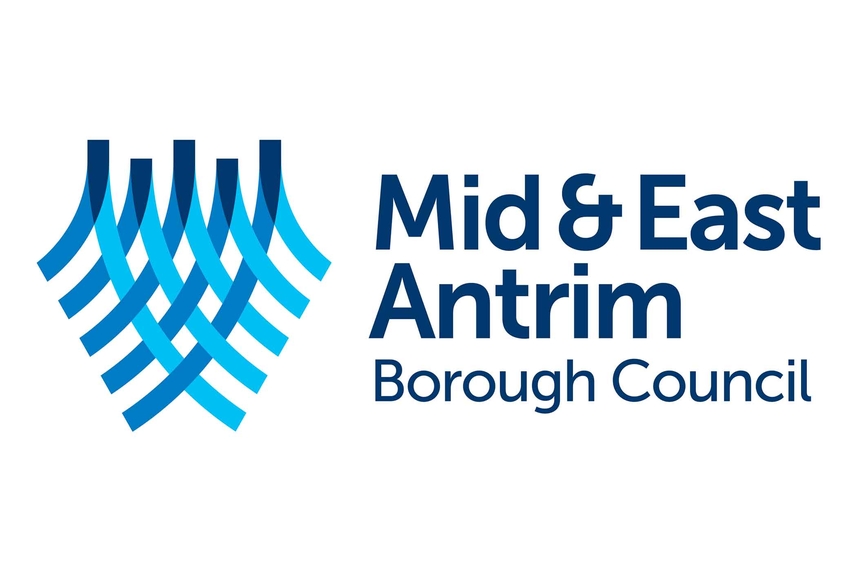Over the years many prominent business owners and leaders have reflected that a characteristic of the ascent to their lofty heights is experiencing isolation or loneliness.
Today’s executives often have support from Board members, or family members in privately owned businesses, from whom advice and counsel are found. Outside their organisation, they can access mentors and professional coaches. However, it can be challenging to develop truly open and honest channels of communication in these relationships.
The relationship between the Chief Executive and Chair of the Board is one of the most important in any organisation. Integrated into the Chair’s role is a requirement to be the Chief Executive’s coach, confidant, and provide a support channel. However, the relationship is inescapably restrained as the Chair is also there to hold the executive team accountable. Most CEOs I know, enjoy a close working relationship with their Chair. You must be confident that your Chair will help solve a problem in a supportive manner, rather than apportioning blame. I have noticed that some CEOs may be drawn to a non-executive on their Board who is a chief executive elsewhere – I always think it is good to have a serving executive among the non-executive team. People can quickly forget about the daily strains of working life when they retire.
A well-rounded owner or CEO will always seek the input of their senior team. As with the Chair/CEO relationship, the dynamic between an owner or CEO and another director is fundamentally restricted because one reports to the other.
It is unlikely that someone you can make redundant will provide you with both open and critical actions. They are not exactly in a position to hold you accountable, or in some cases, question your strategy. HR can be useful here as a good sounding-board. They often enjoy the closest relationship as they are the least likely to step into the number one role.
The dynamic between a business owner and older family members can be difficult and is complex enough to warrant an article in its own right. But in short, what should be the easiest and closest relationship between parent and child, once you bring business and ego into the mix, can often leave you feeling isolated.
Mentors can be a fantastic resource for business owners or CEOs. Our clients tell us that they find it reassuring to tap into the thoughts of someone they admire and who has been through many of the same challenges. Conversations can be candid, with the mentors providing advice from experience on what right and wrong moves they have made in the past. They can advise on how they can avoid making the same mistakes.
There is a fine line between the role of a mentor and an executive coach. A mentor will typically be a successful, proven leader who has been there and done it. Alternatively, a coach might lack management experience but can be skilled on performance management and personal development. Using a mentor or a coach is a very personal choice. We have spoken to many that have sworn by the value this type of relationship can add. Mentoring should never be a substitute for the owner or CEO’s business judgment and restrict them developing their authentic leadership style.
As a business owner or CEO, it is impossible to be responsible for so many important decisions and not feel a slight sense of isolation. It is how you cope with this that is important. For most, isolation comes with the territory and is something to be considered before taking on such a role.
If you have any questions or would like to know more about securing a senior-level position, or bringing senior people into your organisation; click here. A member of our team will be more than happy to answer any queries you may have.
Our expert industry advice and guidance will help you take that next important step in your career.
Find A CandiateSpecialising in executive search and interim management, we’ll help you find the perfect candidate to drive your company forward.
Find A Job

